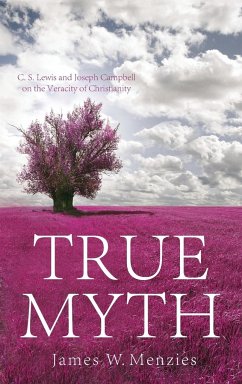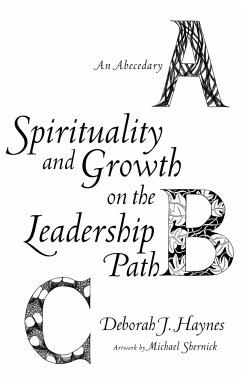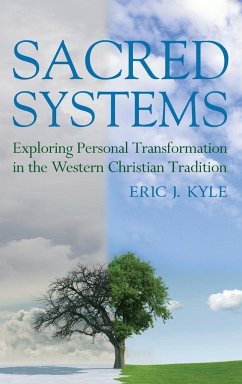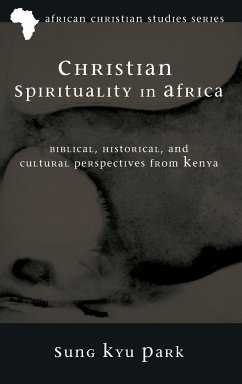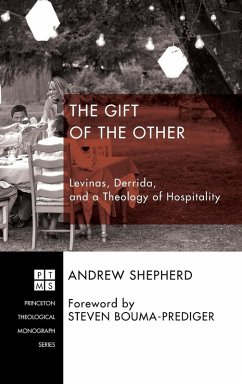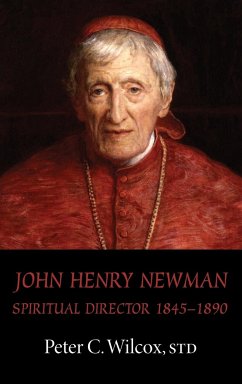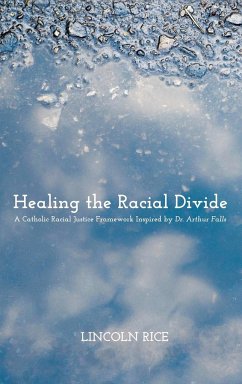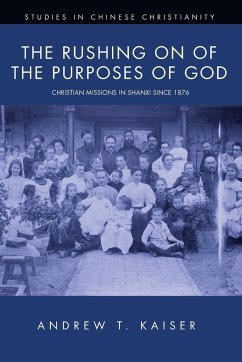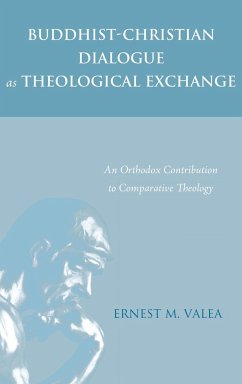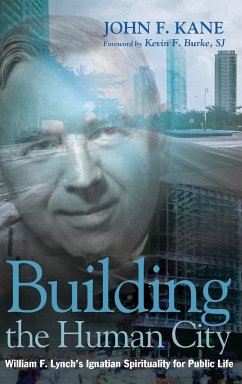
Building the Human City
Versandkostenfrei!
Versandfertig in 1-2 Wochen
39,99 €
inkl. MwSt.
Weitere Ausgaben:

PAYBACK Punkte
20 °P sammeln!
Building the Human City is a first overview of the award-winning yet quite diverse works of Jesuit philosopher William F. Lynch. Writing from the 1950s to the mid-1980s, Lynch was among the first to warn against the fierce polarizations prevalent in our culture wars and political life. He called for a transformation of artistic and intellectual sensibilities and imaginations through the healing discernments and critical ironies of an Ignatian (and Socratic) spirituality. Yet the breadth of his concerns (from cinema and literature to mental health and hope to secularization and faith) as well a...
Building the Human City is a first overview of the award-winning yet quite diverse works of Jesuit philosopher William F. Lynch. Writing from the 1950s to the mid-1980s, Lynch was among the first to warn against the fierce polarizations prevalent in our culture wars and political life. He called for a transformation of artistic and intellectual sensibilities and imaginations through the healing discernments and critical ironies of an Ignatian (and Socratic) spirituality. Yet the breadth of his concerns (from cinema and literature to mental health and hope to secularization and faith) as well as the depth of his thought (philosophical as much as theological) led to little initial awareness of the overall vision uniting his writings. This book, while exploring that vision, also argues that the spirituality Lynch proposes is more needed today than when he first wrote. ""As a college student in 1964, I was privileged to hear Fr. William F. Lynch give a lecture titled 'The Absolutizing Instinct.' I knew immediately that Lynch could speak directly to the issues of the day without losing the wisdom of the ages. John Kane has written a long overdue, superb study of Lynch's thought, as relevant today as the lecture I heard."" --James L. Heft, SM, Alton Brooks Professor of Religion; President, Institute for Advanced Catholic, USC ""What a gift that John Kane has interpreted William Lynch's affirming, liberating work, making it accessible to a larger audience! In global conflicts today, we must avoid the allure of 'simplistic clarities and images,' turning instead to Lynch's carefully nuanced lens. We desperately need Lynch's critical sensitivity, insights on 'the civilizing forces of imagination,' view of creative contraries like the secular and sacred, and way of incarnation to engage with the human city."" --Kathy Coffey, author of When the Saints Came Marching In, God in the Moment, and Hidden Women of the Gospels ""Pope Francis speaks of 'a new humanism' grounded in 'dialogue' and 'encounter,' enabling Christians to help 'build civil society together with others.' His vision echoes the remarkable vision of Christian humanism of the mid-twentieth-century American Jesuit William Lynch, whose work is recovered for us in John Kane's superb account. Readers who value the humanities will find here the 'new heart and new spirit' Lynch hoped for, Vatican II promised, and Pope Francis embodies. And all who have experienced Jesuit education and valued Jesuit ideals will be richly rewarded. Here is a genuine Christian contribution to the renewal of American cultural and civic life."" --David O'Brien, Loyola Professor of Catholic Studies Emeritus, College of the Holy Cross ""William Lynch lived through the first spasms of our current culture wars and foresaw the dispiriting and shattered mess they would make of our civic, religious, and political life. He crafted in response a synthesis that is as brilliant as it is daunting. John Kane has done us all a great service in providing this overview of Lynch's writings, which so compellingly conveys his invitation to inhabit 'the valley of the human.' Kane's framing of Lynch's work in terms of its depth insights from Ignatian spirituality is penetrating and evocative. Highly recommended."" --Matthew Ashley, Chair, Department of Theology, University of Notre Dame ""The mind and work of William Lynch--capacious, inclusive, rigorous--has never been more needed, and he is well served by John Kane, who is equally adept at introducing Lynch to those who don't know him, and enhancing the pleasure of those who are already devotees."" --Mary Gordon, Author, Reading Jesus John F. Kane is Professor Emeritus of Religious Studies at Regis University (Denver). He is the author of Pluralism and Truth in Religion (1981) as well as of numerous essays and reviews. He was founding coeditor of Leaven: An Independent Catholic Voice in the Rocky Mountain Region and is a regular contributor to Hark, the Denver Pos




